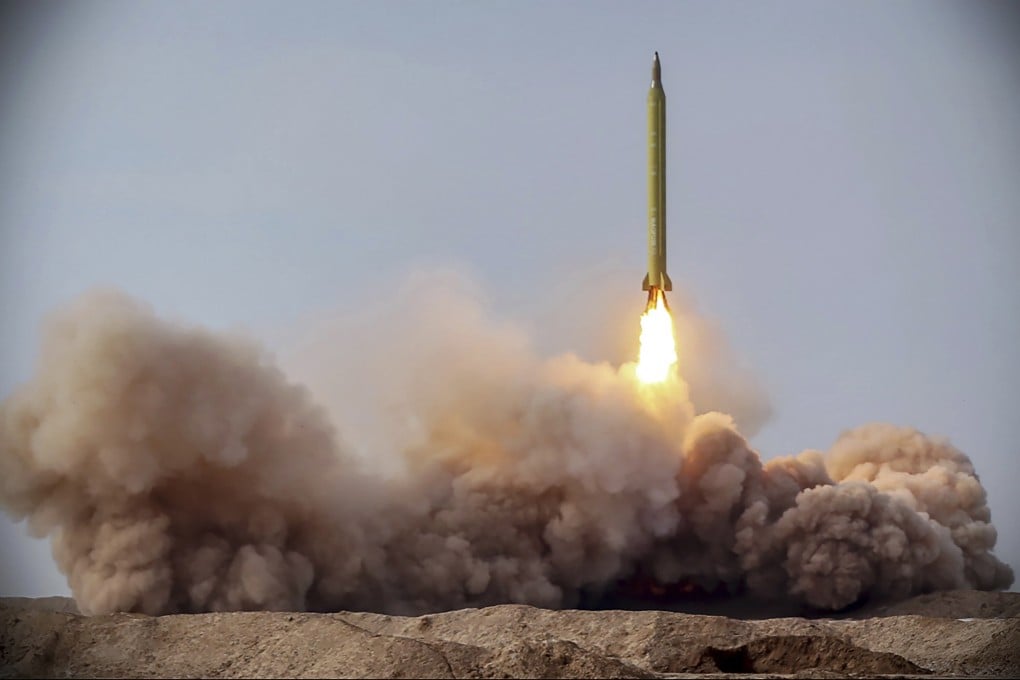Advertisement
China urges US to seek Iran nuclear talks after ‘new developments’
- Urgency needed, Chinese foreign vice-minister tells US special envoy to Iran, with Foreign Minister Wang Yi set to visit Tehran
- China and US agreed at last week’s Alaska summit that Iran was an issue they could work together on
Reading Time:3 minutes
Why you can trust SCMP
14

Beijing has told Washington there have been “new developments” in the Iran nuclear situation and urged it to restart talks on the issue.
Chinese foreign vice-minister Ma Zhaoxu’s plea to the US special envoy for Iran, Robert Malley, came as Chinese Foreign Minister Wang Yi was due to arrive in Iran.
It also came days after top diplomats from China and the United States agreed at high-level talks in Alaska that Iran was one of the issues on which they could work together, despite their many differences, including on human rights in Xinjiang.
Advertisement
“There are some new changes in the current Iranian nuclear situation. All parties should increase their sense of urgency,” Ma was quoted as saying in a Chinese foreign ministry statement on Thursday. “The United States should take practical actions as soon as possible. The US and Iran should meet each other halfway and re-enter the deal.
“China will continue to play a constructive role in pushing the comprehensive agreement back on track.”

06:04
Why can't Iran and the US get along?
Why can't Iran and the US get along?
Wang is visiting Iran on Friday as part of his week-long tour of the Middle East, to consolidate Chinese influence in the region and counter any impact from a new wave of international sanctions over alleged human rights abuses in Xinjiang, in China’s far west.
Advertisement
Select Voice
Choose your listening speed
Get through articles 2x faster
1.25x
250 WPM
Slow
Average
Fast
1.25x